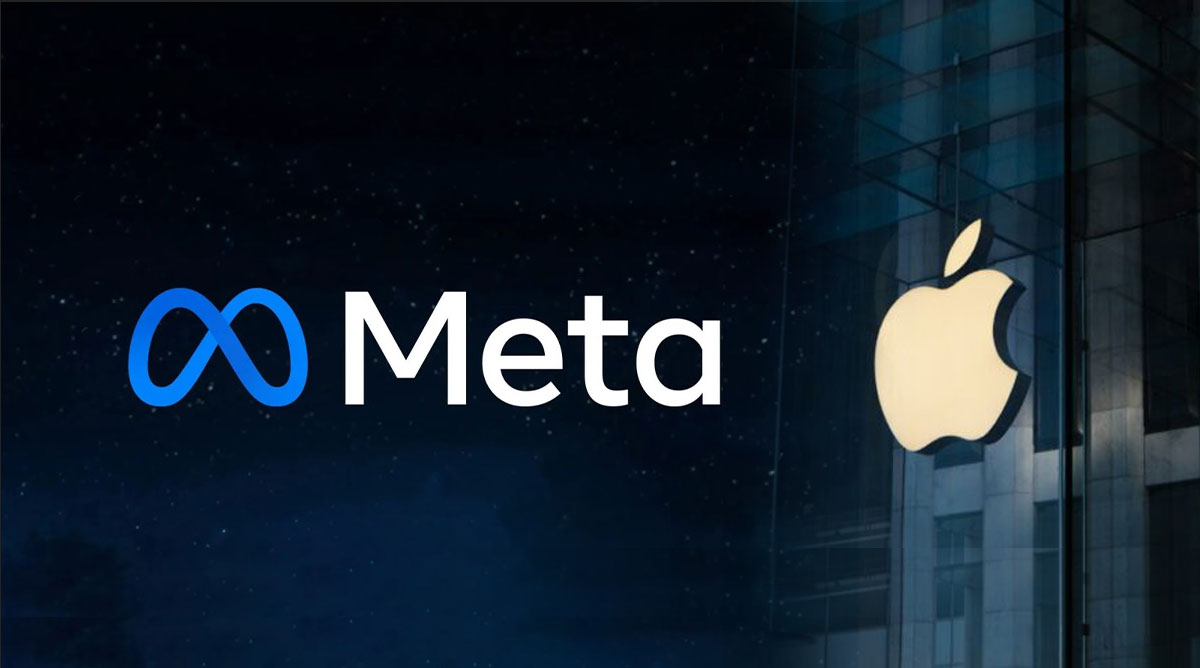Despite anti-discrimination laws, companies still find ways to bypass hiring individuals over 50, prioritizing younger candidates instead. This perpetuates ageism and overlooks the valuable assets experienced professionals bring, including unique perspectives, skills, and expertise that could drive company success. By dismissing older workers, companies miss out on a wealth of knowledge and talent.
1. Employers Want to Avoid Higher Perceived Expenses and Fees

Age and experience come with a perceived price tag, leading employers to hesitate when considering older candidates. As businesses prioritize profit, they often view older workers as a financial burden, overlooking the valuable skills and expertise they could bring to the organization.
2. Expertise Often Comes at a High Price

Older candidates’ expertise comes at a cost. Forbes notes a significant wage disparity between younger and older workers, with younger workers earning 49.92% less on average. This translates to weekly earnings of $611 (16-19), $737 (20-24), and $1,239 (45-54).
3. The Replaceable Mindset: Companies View Workers as Interchangeable

Many employees are told not to work too hard because they’re replaceable. Unfortunately, this is often true. Companies frequently lay off or fire older workers to make way for younger, cheaper talent. While younger workers may lack expertise, companies argue they can be trained, just like their predecessors. This mindset undervalues the experience and skills of older workers.
4. Skills Obsolescence: A Persistent Concern for Older Workers

Staying up-to-date with changing times is crucial for career progression, especially for older workers who need to stay relevant in their jobs. However, research shows that older workers are less likely to participate in training and mentoring, leading employers to doubt their ability to keep up with technological advancements and innovations. This perpetuates concerns about older workers’ ability to update and improve their skills.
5. Older Workers Face Tech Bias

Older employees are often assumed to struggle with technological advancements, leading to discrimination and layoffs. This is despite their valuable knowledge, work ethic, and skills. Companies favor younger, more tech-savvy workers, pushing older workers aside. (Source: Walden University)
6. Gerontophobia: Fear of Aging Holds Back Older Workers

Gerontophobia, the fear of aging, leads to worry, avoidance, and apprehension, causing hiring managers to overlook older candidates, despite their valuable contributions. This bias prevents older workers from being considered, perpetuating ageism in the workplace.
7. Employers Seek Long-Term Commitment, Overlook Older Candidates

Employers often prioritize long-term commitment, assuming older workers (50+ years) are less tolerant of workplace issues and may leave soon, given their limited working years (10-15 years). This bias leads employers to overlook experienced candidates, seeking younger talent for long-term investment.
8. Proximity to Retirement a Concern for Employers

As older employees approach retirement age (62-67), companies worry about investing time and resources in them, assuming they’ll leave soon. This perception leads employers to favor younger candidates, overlooking the value and experience older workers bring.
9. “Out with the Old, in with the New” Mentality Can Be Discriminatory

While embracing new ideas and innovation is essential for growth, this mindset can lead to age discrimination in hiring. Hiring managers must balance openness to new talent with consideration for the valuable experiences and wisdom older candidates bring. Age should not dictate a candidate’s potential.
10. Dispelling the Myth: Older Employees Are Not Inflexible

Contrary to popular belief, older employees are not stiff and inflexible. They were raised with a strong work ethic, valuing perseverance, diligence, and tenacity. This means they are capable and willing to adapt to changes and try new things, just like anyone else. Don’t assume they’re set in their ways – give them a chance to showcase their flexibility and determination!
11. Bridging the Gap: Generational Differences Don’t Have to Divide

Employers worry about generational gaps, assuming younger and older workers can’t relate, affecting teamwork and productivity. However, with understanding and effective communication, diverse age groups can collaborate and learn from each other, bringing unique perspectives and strengths.
12. Age-Related Health Concerns: A Misconceived Barrier

As people age, health concerns grow, leading employers to assume hiring older workers means added expenses. But age doesn’t define health, and many older employees remain healthy and productive. Focus on individual capabilities, not assumptions.
13. Stamina Misconceptions: A Barrier to Hiring Older Employees

Companies prioritize profit, linking employee stamina to productivity. This leads employers to assume older workers lack the endurance to meet demands, hindering their productivity. A misconception that overlooks experience and ability.
14. Generational Connection Bias in Hiring

As younger generations dominate the workforce and leadership positions, older individuals face challenges finding a place. Employers and hiring managers prioritize workplace dynamics, often favoring younger candidates they feel more connected to, perpetuating a generational bias in hiring.
15. The Overlooked Aspect of Diversity: Age Inclusion

Companies prioritize diversity, but often overlook age inclusion, perpetuating discrimination against older workers. As Richard Spencer highlights, “Age diversity is crucial for a dynamic work environment.” It’s essential to recognize and value employees of all ages to foster true inclusivity. Let’s broaden our understanding of diversity to include age and create a more inclusive workplace.
16. Knowledge Gap Fears: A Misconception Among Younger Hiring Managers

Younger hiring managers may shy away from hiring older candidates, fearing they’ll expose their own knowledge gaps. However, this mindset overlooks the benefits of inter-generational collaboration. Older employees can share their expertise, while younger managers can learn and grow from their experience. Embracing teamwork and knowledge sharing can lead to mutual growth and a more dynamic work environment.
More on VOU
The Persistence of Unhealthy Diets in the United States: An Examination
Highlights The State of American Diets Recent research from Tufts University, published in the Annals of…
Here’s Why Refined Sugar is a Slow Poison According to Nutritionists
Highlights White sugar, also known as refined sugar, is a staple in many diets worldwide. While…
ByteDance Teams Up with Broadcom and TSMC to Develop 5nm AI Chip
Highlights: ByteDance’s Strategic Move in AI Chip Development TikTok’s parent company, ByteDance, has embarked on a…
Apple and Meta Eyeing AI Partnership
Highlights Apple and Meta’s AI Vision Apple is reportedly in talks with Meta to explore a…





